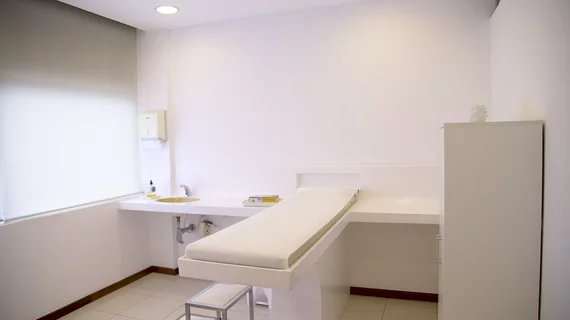Hospitals not neutral on ‘site-neutral’
Medicare’s site-neutral policy, which pays outpatient hospital sites like they’re independent doctors’ offices, is turning out to be as unpopular in practice as it was in theory—as least among hospitals.
A piece produced by Kaiser Health News and picked up by NPR looks into the cloud of discontent and finds names, faces and real-world consequences.
For example, the CEO of a 126-bed hospital in rural Washington State says the payment cuts have forced his organization to shelve its plans to build a primary-care clinic that would have served many patients close to where they live.
“If you’re well-to-do financially, these aren’t big problems,” said the executive, Eric Lewis of Olympic Medical Center. “But I think the poorest, elderly, sickest of our society will pay the price of this policy.”
Lewis anticipates a loss of $1.6 million for his hospital.
Of course, there are two sides to the story. Reporter Carmen Heredia Rodriguez points out that the change will save patients an average of $7 each time they visit a hospital-owned clinic. Plus CMS estimates site-neutral payments will save the agency $380 million this year alone.
Still, some hospital leaders and advocates remain unconvinced the tradeoff is worth the trouble, especially to patients.
“I think access trumps a couple extra dollars in copays every single time,” said Melinda Hatton, general counsel for the AHA.
Get the rest of the story:

